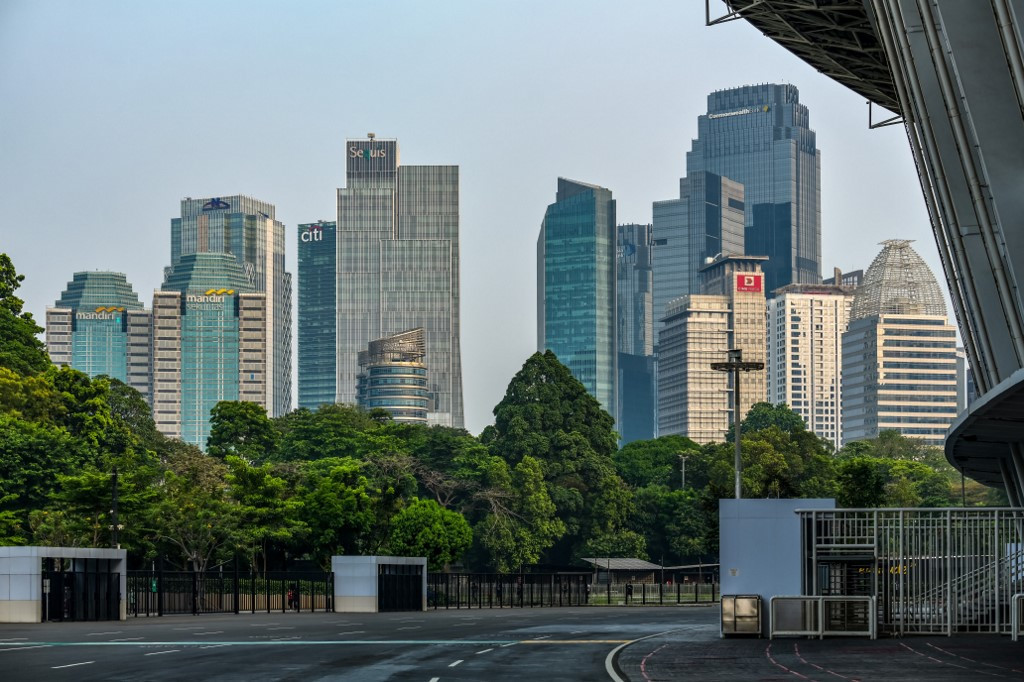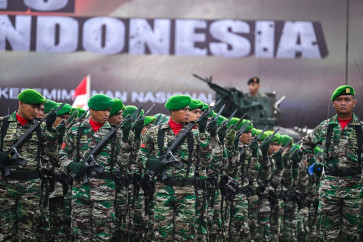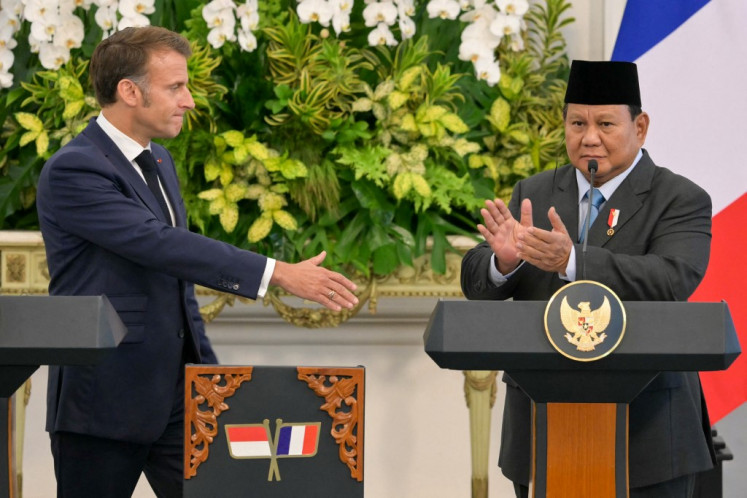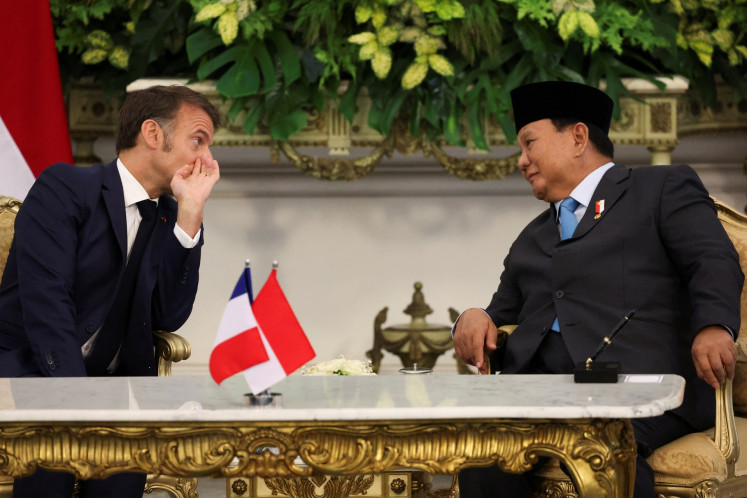Loan restructuring period may need extending: Experts
Tourism businesses say more time needed to fix finances.
Change text size
Gift Premium Articles
to Anyone

A
nother extension of the bank loan-restructuring program believed to be unlikely, but experts and borrowers say authorities may want to reconsider, arguing that some businesses need more time to fix their finances.
The scheme allows banks to reclassify loans that deteriorated as a result of the economic crisis caused by the COVID 19 pandemic: Loans that would normally be considered “nonperforming” can instead be registered as “loans at risk” (LaR), which helps banks keep their nonperforming loan (NPL) ratios artificially low.
The program has been extended twice, in December 2020 and in September 2021, and is now slated to end in March 2023.
The Financial Services Authority (OJK) said on Aug. 1 that the requirements for ending the stimulus had been met, as the share of loans needing to be restructured in major sectors like trade, manufacturing and construction, among many others, had dropped below 20 percent of all loans, while the economy was continuing to recover.
As the OJK was mulling, Bank Indonesia (BI) had started to normalize its policy by tightening the minimum statutory reserve requirement (GWM), which would remove Rp 300 trillion (US$ 20.3 billion) from the banks’ balances, while the Finance Ministry is set to either phase out several COVID-19-related tax incentives or reduce the scale of the beneficiaries.
“It’s true that now everything is much better than two years ago, but we still haven’t got back to normal yet. Will not extending be a wise decision? Maybe not,” Binus University senior economist Doddy Ariefianto told The Jakarta Post on Friday.
Read also: Govt to phase out COVID-related tax incentives by year-end
He suggested the OJK consider extending the loan-restructuring program, arguing that the amount of restructured loans based on the latest data was still almost Rp 800 trillion, 20 percent of roughly Rp 5 quadrillion in total loans, whereas the LaR during normal times typically accounted for a share of less than 10 percent.
He said the data showed that many borrowers had yet to recover, as the economy faced new challenges following a brief breather from the pandemic, which stemmed from inflation, geopolitical tensions and impending rate hikes by central banks in advanced economies, among many other factors.
Moreover, he noted that small to midsize banks may not have as much capital as major banks to cushion the blow of loan defaults, implying that the OJK would need to at least assess each bank’s preparedness for the end of the restructuring period.
“I’d suggest that, near March 2023, the OJK announce a gradual phase-out of the stimulus, instead of abruptly ending the policy by the deadline, to give banks one more year until 2024,” Doddy said.
Maulana Yusran, secretary-general of the Indonesian Hotel and Restaurant Association (PHRI), expressed hope that the OJK would extend the loan-restructuring period, if possible until 2025.
“It’s true that there have been more customers in hotels and restaurants, but that has yet to improve our financial condition,” Yusran told the Post on Aug. 10.
Yusran explained that the tourist industry was facing challenges amid the rise in airfares caused by high fuel prices, prompting many travelers to opt for overland trips instead of flights. This would affect businesses in remote destinations, depriving them of income and causing an uneven recovery.
Moreover, the number of foreign tourists was still limited, as the government had yet to allow many airports to receive direct international flights.
Inflation and the surging price of nonsubsidized liquefied petroleum gas (LPG) added to the industry’s burden, Yusran said.
“We still need the restructuring program. While all industries were hit by the pandemic, ours [began to] recover much later,” he added.
Read also: BI unfazed by seven-year-high inflation in July
Batara Sianturi, who chairs the Foreign Banks Association of Indonesia (FBAI), said lenders would carefully assess the state of the economy in quarters three and four, adding that, by then, they would have a better picture.
“We will always support policies to provide a win-win solution for banks and clients, so as to support the economic recovery,” Batara told reporters on Aug. 11.
Major Indonesian banks like private lender BCA and state-owned lenders BRI and BNI increased LaR provisions by around 10 percentage points in the first half from the same period last year, despite reporting a drop of more than 7 percentage points in the LaR ratio, as they were bracing for the end of the stimulus.
“We don’t know if the OJK will extend it or not, but we assume it won’t be extended. We are ready if the loan-restructuring program is not extended again,” said Mandiri risk management director Ahmad Siddik Badruddin on July 28.
OJK chairman Mahendra Siregar told reporters on Aug. 1 that the agency had not yet made any decision on the matter but would provide an update after conducting a thorough study and risk assessment, as some sectors, like tourism, hotels and restaurants, were still in need of support.
“We will assess this from time to time. It’s possible to approach this by sector and industry [depending on whether they] still need the stimulus,” Mahendra said during a quarterly financial system stability committee (KSSK) press briefing on Aug. 1.









